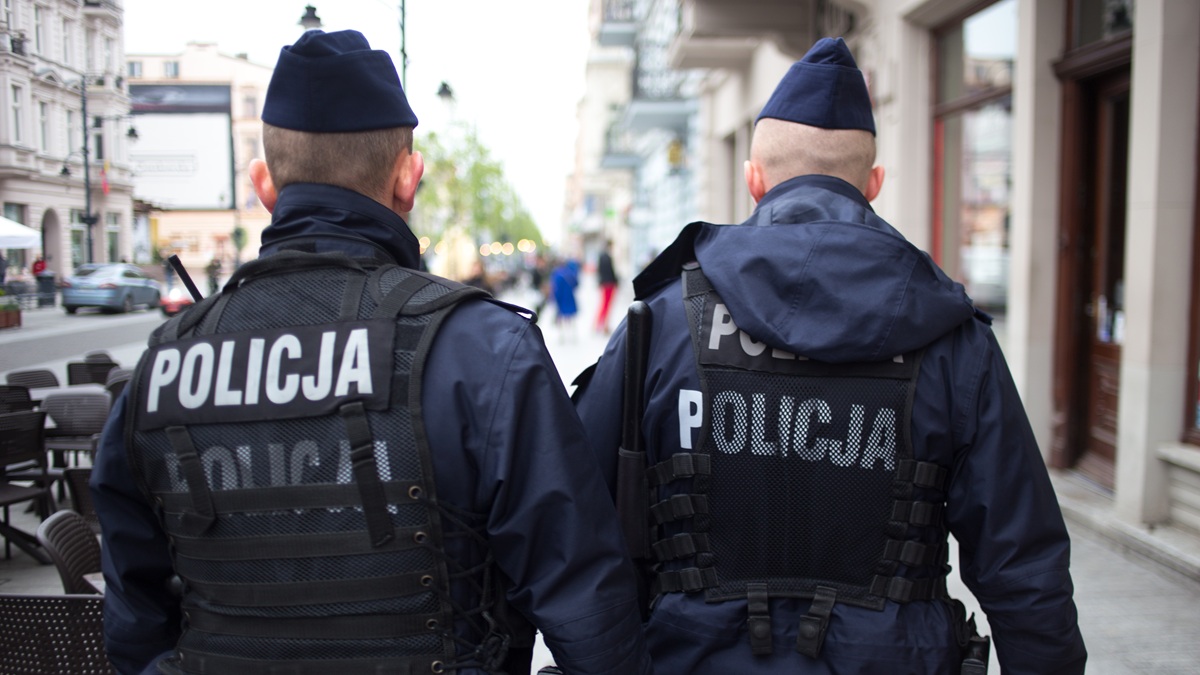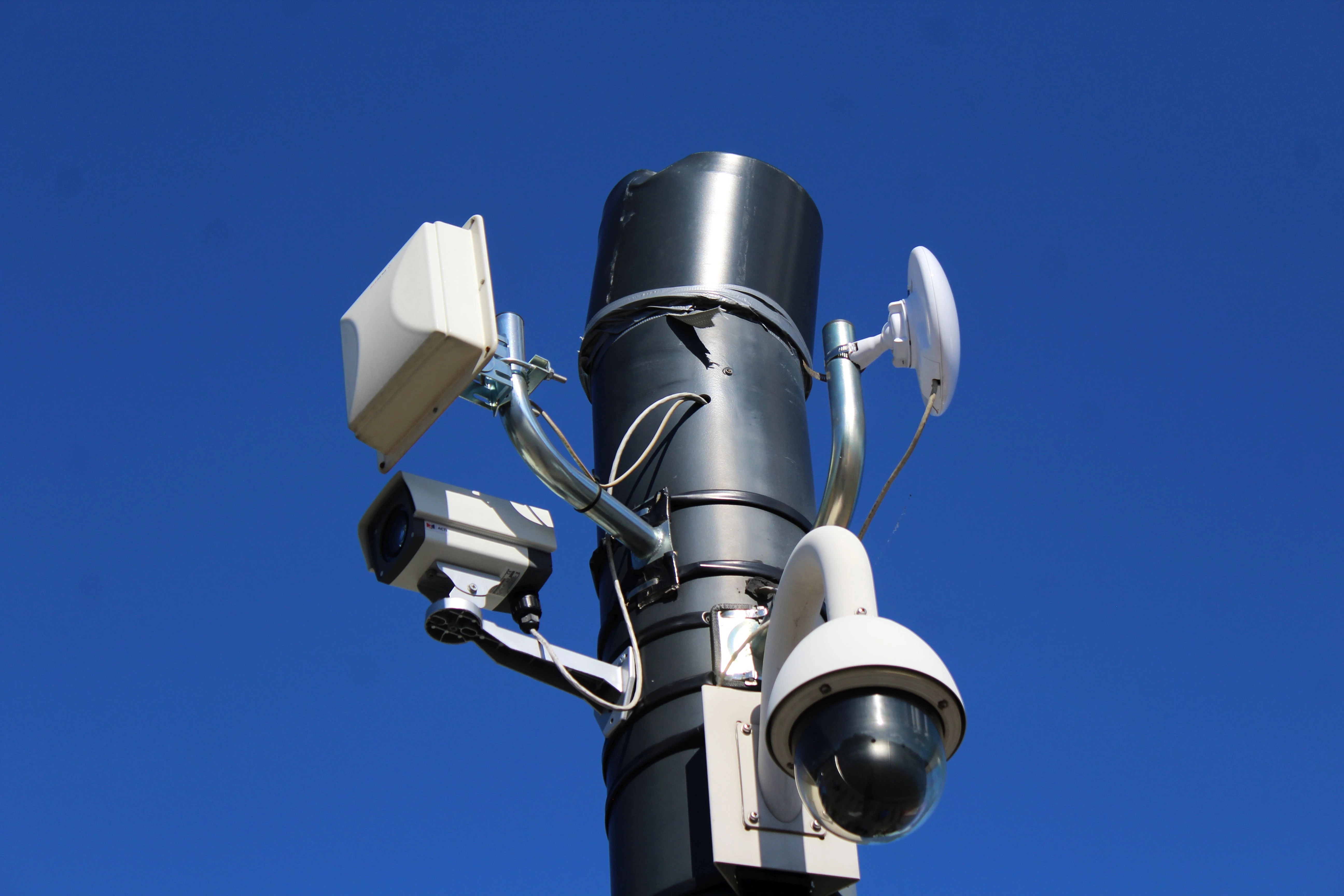The 2005 statement by the Provisional IRA announcing the end of its armed campaign took decades to bring about, Gerry Adams has said. The former Sinn Fein president voiced regret that it took so long to come, suggesting the UK Government was focused on "defeating republicanism".
He also said he regretted the number of lives lost during the Troubles as he reflected on the upcoming 20th anniversary of the IRA statement. The IRA formally ended its 35-year paramilitary campaign on July 28 2005 when former republican prisoner Seanna Walsh read a statement.
Decades-long process to peace
While a number of ceasefires had been announced and collapsed since 1994, the 2005 statement saw the start of the decommissioning of weapons. The statement said that members had been instructed to use exclusively peaceful means, and not to engage in any other activities whatsoever.
Adams described the move as seismic, and an "indication of confidence" by "all the IRA" and not just its leadership. "The statement came after there had been some sort of internal process, a huge vote of confidence in people," he said.
Alternative to armed struggle
"It took decades for it to be put together. You have to go back to Father Alec Reid, Father Des Wilson, myself, John Hume and the endeavour to put together an alternative to armed struggle," Adams explained.
"It took all that time to do that, but that's what the IRA said in its statement, that they believed there was now a peaceful way to pursue republican and democratic objectives, and ordered its volunteers to not be engaged in any other activity whatsoever, and authorised contact with the International Commission on Decommissioning."
Government approach criticised
Adams said one of his regrets was that it took so long. "In my humble opinion it took so long because the two governments, particularly the British government, only sought peace on its terms, which meant defeat the IRA, it meant defeat republicanism and that doesn't work, our people are resolute."
He added: "The proof of it is that 20 years later the IRA isn't a feature. Some may want to make it a feature, invent, fabricate and so on, but that's the proof of it."
Previous apologies acknowledged
Asked whether he felt the IRA should issue an apology for all the lives lost by their actions, Adams pointed to a statement in 2002 on the anniversary of Bloody Friday, a series of bombs across Belfast which claimed nine lives. It included an offer of "sincere apologies and condolences" to the families of all "non combatants" killed or injured by IRA actions.
"I think in fairness that the record will show that the IRA leadership have apologised on a number of occasions about specific incidents or operations which it was involved in, particularly around the issue of civilian casualties or fatalities," he said.
Regret over civilian deaths
"One of the big regrets that I have is that so many people were killed, and particularly people who weren't involved and particularly children, that's a real concern," Adams said. "I say that from a community and a family which lost loved ones in the course of all of this."
However, Adams added that while he thinks it is important to look back over the last 20 years, it is also important to look forward to the next 20 years and a referendum on a united Ireland.
Future referendum predicted
"One thing we can say with certainty is there is going to be a referendum on the future, the Irish Government doesn't want it, the British Government doesn't want it, unionists don't want it but there is going to be the day when people will vote for the future," he said.
"Our responsibility, and for everyone who is concerned about the future, need to be part of the conversation well in advance of that vote. Whether it is about public services, health services, the economy, flags, emblems, taking all of those issues and trying to find solutions to them that allows everyone to be comfortable in the new Ireland."
Personal commitment to unity
Adams said he knows there will be a united Ireland, whether it happens "the day after I die or a couple of years before then". "It is not inevitable, the forces against it are quite strong but if we work at it," he said.
"If we continue to do the sensible, intelligent things that we have been trying to do, then - although I would love to live in a united Ireland - it matters little to me whether it happens after I die or before it. To be able to say in my own heart to say, 'I played a part in bringing that about', that'll do me."
Adams was speaking ahead of an Feile An Phobail arts event this weekend to mark the anniversary. He will take part in a discussion alongside Walsh, chaired by Sinn Fein Galway TD Mairead Farrell, at the Balmoral Hotel in Belfast on Saturday.
(PA) Note: This article has been edited with the help of Artificial Intelligence.









